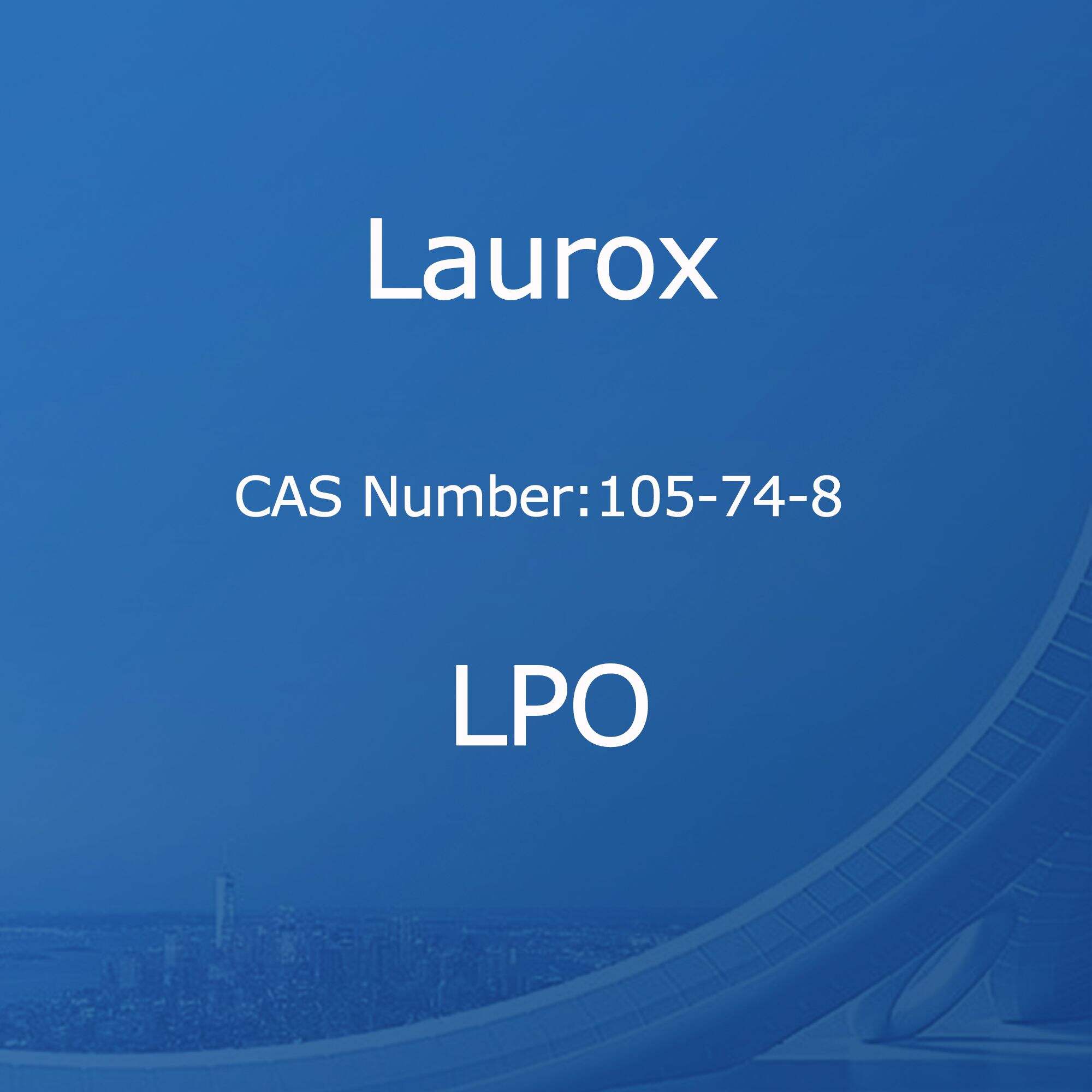إذن، ما هو مادة الـ BPA؟ الـ PS هو نوع من البلاستيك الذي يوجد في العديد من المنتجات الشائعة، بما في ذلك زجاجات المياه، وحاويات الطعام والألعاب. أحد هذه المواد الكيميائية هو مادة الـ BPA (Bisphenol A)، والتي تُستخدم في تصنيع هذه المنتجات التي نستخدمها بشكل يومي.
هذا مهم فيما يتعلق بالمشاكل الصحية المرتبطة بمادة الـ BPA. الآن، سنتحدث بشكل أكبر عن المخاطر والفوائد المتعلقة باستخدام مادة الـ BPA في الأشياء اليومية.
إشارات إلى المخاطر الموثقة لراتنج BPA كانت وفيرة في السنوات الأخيرة. أظهرت الدراسات أن التعرض لراتنج BPA يمكن أن يسبب العديد من مشاكل الصحة. من بين بعض المشاكل الصحية المرتبطة براتنج BPA:
مشاكل الإنجاب: يمكن لراتنج BPA تعطيل الجهاز التناسلي، مما قد يؤدي إلى مشاكل الخصوبة وصعوبة الحمل حتى النهاية.
السرطان: تشير بعض الدراسات إلى أن التعرض لراتنج BPA يمكن أن يؤدي إلى زيادة خطر الإصابة بأنواع معينة من السرطان، مثل سرطان الثدي والبروستاتا.
مضاعفات هرمونية: كونه ينتمي إلى مجموعة الكسنوإسترجن، يمكن لراتنج BPA أن يحل محل الإستروجين في الجسم، مما قد يتسبب في اضطرابات هرمونية غير متوازنة وحساسية خاصة لنظام هرموني حساس لدى الأطفال.

ما زال راتنج BPA يستخدم في تغليف الأطعمة، على الرغم من المخاطر المعروفة جيدًا للتعرض له. وهذا بسبب المزايا التي يقدمها راتنج BPA - جميع الخصائص التي تميزه عن البعض الآخر. وفيما يلي بعض فوائده
المتانة: جميع أنواع راتنج BPA قوية جدًا وتستمر لفترات طويلة، وبالتالي فإنها تبدو خيارًا ممتازًا لتغليف الأطعمة.
شفافة: التعبئة المصنوعة من راتنج BPA تتيح لنا رؤية ما تحتويه بسهولة.
قيمة مقابل المال: تصنيع راتنج BPA أرخص من تصنيع المواد الصناعية الأخرى، مما يجعله خيارًا حكيمًا للمصنعين.
ولكن استخدام مادة الـ BPA في تغليف الأطعمة يحمل معه مخاطر أيضًا. مادة الـ BPA - هذه هي المادة التي تتحلل في النهاية إلى BPA؛ المواد الكيميائية في البلاستيك تمتصها طعامنا (والتي يتم تخزينها داخل تلك الحاويات الجميلة المصنوعة من مادة الـ BPA).

بما أن هناك بعض المخاطر الصحية المرتبطة باستخدام مادة الـ BPA، لجأ العديد من الشركات والمستخدمين للبحث عن بدائل. هناك عدة بدائل لمادة الـ BPA متاحة حاليًا في السوق، ولكل منها مزايا وعيوب.
بديل الـ BPA: الـ BPS هو مركب كيميائي يشبه مادة الـ BPA ولكنه ليس ضارًا بنفس الدرجة.
جيد- إنه عبوة زجاجية، مما يجعله أفضل من البلاستيك ولا تحتوي على مواد كيميائية ضارة.
المعدن- العبوات المعدنية، بما في ذلك علب الألمنيوم، تعد خيارًا رائعًا بدلًا من البلاستيك.
ولكن تلك البدائل والخيارات الأخرى التي لا تزال قيد التطوير تثير أيضًا مخاوف متزايدة بشأن سلامة الغذاء. يدخل التغليف القابل للأكل في فئة الابتكارات المصنوعة من مكونات طبيعية مثل النشا والبروتينات. هذا النوع من التغليف قابل الذوبان في الماء ويمكن تناوله أو تحويله إلى سماد.
استكشاف لآثار بيئية لمادة الراتنج BPA
الشيء الآخر المهم الذي يجب النظر إليه مع راتنج BPA هو النتيجة البيئية. راتنج BPA غير قابل للتحلل البيولوجي وبالتالي يمكن أن يستمر مئات السنين في البيئة دون أن يتحلل. الطعام الذي يستغرق وقتًا أطول للتحلل يمكن أن يكون له عدة تأثيرات سلبية، مثل:
التلوث: عندما يدخل راتنج BPA إلى الأجسام المائية والمحيطات، فإنه يسبب تأثيرًا تلويثيًا على البيئة كما يضر بالحياة البحرية.
يمكن لراتنج BPA مدفون في مكبات النفايات أن يتسرب إلى التربة مما يضر بالنباتات والحيوانات.
إذا كنت ترغب في تقليل احتمالية أن يساهم راتينج BPA في المخاطر البيئية، فمن الضروري جدًا أن نعطي أولوية قصوى لفعل كل ما بوسعنا كمجتمع وأفراد حتى يتمكن الناس من العودة إلى استخدام البلاستيك. كما أن الخيارات الأكثر صداقة للبيئة مثل الزجاج والمعادن هي أيضًا خيارات يمكن أن تساعد في تقليل التأثير السلبي الذي يتركه البلاستيك على بيئتنا.

راتينج BPA، وهو نوع من البلاستيك المستخدم في مجموعة واسعة من المنتجات للمستهلكين وكذلك للأغراض التجارية، له مزايا وعيوب. وبما أنه من الضروري معرفة ما هي المخاطر التي قد يحملها راتينج BPA واختيار المنتجات بعناية. لهذا السبب، نشجع البحث عن خيارات لا تؤذي البيئة واقتراح حلول حيث يمكن لنا جميعًا العيش بشكل أكثر أمانًا واستدامة.
تدير العديد من الآلاف من المواد الكيميائية أعمالها العالمية تحت علامات تجارية مرخصة. وتكفل أن كل منتج يحتوي على راتنج bpa، وتتمسك بفكرة العلامات التجارية.
لديهم معرفة جيدة بالمعايير الدولية الخاصة بالمواد الخطرة bpa resin، وقادرين على تصدير تصنيف المواد الخطرة 5.2، بما في ذلك المواد التي تتطلب التحكم بدرجة الحرارة.
يمكن للمبيعات الأعلى الاستفادة من عروض خطط الخدمة المتميزة التي تقدم المساعدة الفنية لجميع جوانب نشاط bpa resin، بما في ذلك تخطيط الصياغة، واختيار المواد للمشاريع الناشئة، والخدمات ما بعد البيع.
نحن متخصصون في استخدام مركبات bpa resin وكذلك أساليب الإنتاج المتنوعة، مما يمكننا من مساعدة عملائنا وتثقيفهم لتحقيق أفضل النتائج من منتجاتهم.